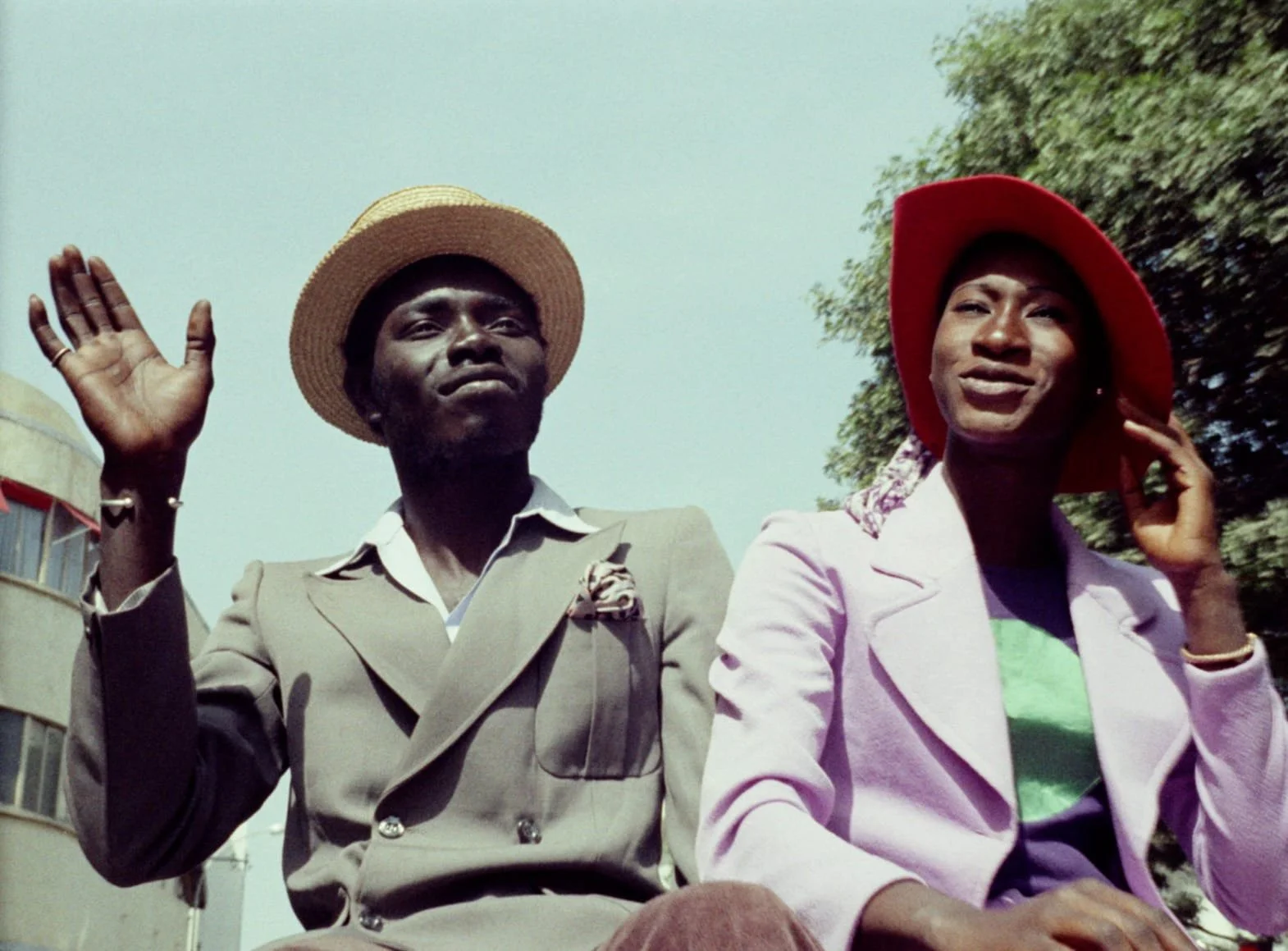The French-Senegalese filmmaker, Mati Diop, is the remarkable mind behind the film 2019 “Atlantics”, a drama that veers between realism and fantasy, romance and horror. The film follows the developing love story between young construction worker Souleiman, who is being exploited by his wealthy boss, and Ada, who is about to enter an arranged marriage with a wealthier man. The film’s compelling surreal imagery transformed a worldwide crisis into a gripping tale of possession. Set in Senegal, the film takes place in the birth country of Diop’s uncle, Djibril Diop Mambéty, a highly esteemed director responsible for creating one of the most important films in African cinema “Touki Bouki”.
In an interview with Tom Power at the 2019 Toronto International Film Festival, Diop shares that while creating the film she met Senegalese workers who were inspired to migrate. Despite the pragmatic and rational economic reasons for migrating, Diop wondered if there was a deeper underlying influence, “I wondered if some of them placed a higher value on life in the Western world than here in Africa”.
Diop who is partly from Senegal and French found herself inclined to tell the stories of Senegalese migrants and use the power of cinema to give the speech back to Senegal. Interestingly Diop focuses on the women that are left behind rather than the migrants. The film captures the point of view of the women, who experience the loss of their loved ones' sudden departure. “As a filmmaker, I had the responsibility of depicting Senegalese youth, and I didn’t want to resume the portrayal of Senegalese youth who wished to leave. I decided to focus on the people who wished to stay and root my film into life and presence.” As a French Senegalese woman and filmmaker, Diop exclaims that through the process of filming, “I really needed to reappropriate my own African origins”. Coming from Europe to re-explore her African roots she crossed paths with an entire generation that wished to escape Senegal. The clash of culture, identity, and desire is centered at the core of Diop’s personal and professional life, influencing the subject of her films.
In the film Souleiman abruptly leaves for sea in search of a better life in Europe, leaving the love of his life behind. Ada is distraught by Souleiman’s departure and faced with the reality of marrying a wealthy businessman to escape her own poverty. The film is an ode to the young generation that has disappeared out at sea, leaving no physical trace but still present as spirits or ghosts. The lost spirits return to their homeland and to their loved ones to represent the “ghosts” that we create within ourselves and the inability to remove oneself from the past. Ada is torn between her love for Souleiman and the pressure to marry Omar, but her love for Souleiman never fades. When Souleiman returns in the form of a ghost, Ada is forced to confront the difficult decision of what she truly wants for her life.
Touki Bouki, a film by Djibril Diop Mambéty, and Atlantics, a film by Mati Diop both delve into the topics of migration and upward mobility, following young Senegalese couples who strive for a better life. Despite the forty-six-year gap, both films remain highly relevant in modern society as they tactfully address migration without portraying it as a political or ideological move. Both films evoke powerful feelings of longing and realism by capturing the painful sacrifices individuals make for the sake of survival.
The 1927 film Touki Bouki takes place in Senegal’s capital, Dakar, and follows the love story of Mory and Anta, a rambunctious couple in their early 20s who plan to escape poverty in search of a better life in Paris. Mory and Anta's desire to leave reflects the complex and conflicting identities of many Africans and the glamorization of Western life. In an effort to escape, Mory steals a sufficient amount of money and clothing and purchases ship tickets to France. However, when it is time to board the ship, Mory is suddenly overwhelmed by a sense of attachment to his roots and flees to find his prized bull-horned motorcycle.


